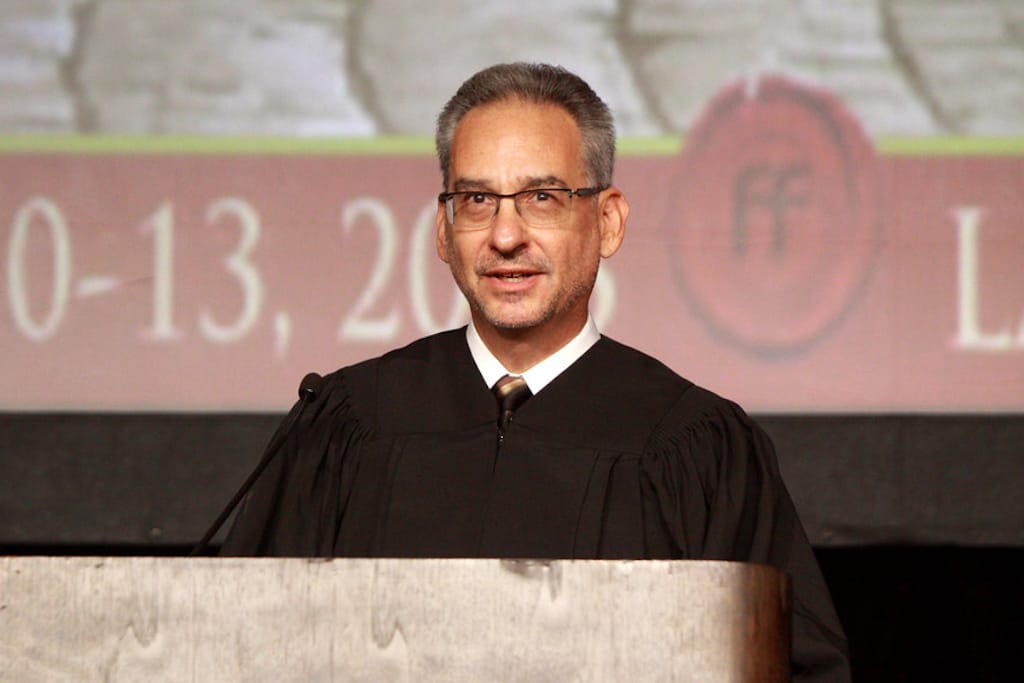Noted Classical Liberal Legal Scholar Countenances Regulation of Social Media
Georgetown University professor Randy Barnett said that the ability to post on social media might be a civil right.

WASHINGTON, October 21, 2022 – Classical liberal political theory should acknowledge the need for government to regulate certain privately owned businesses that operate in the public sphere, said Randy Barnett, a legal scholar and constitutional law professor at Georgetown University.
Barnet’s argument, made at a Federalist Society web panel discussing on the regulation of social media platforms Thursday, is significant in that even a well-known libertarian scholar is putting forth a plausible case to regulate speech on such technology platforms.
Between fully public and fully private entities, there is a middle category of privately-owned entities that operate in the public sphere, such as public accommodations and common carriers, Barnett said.
The Civil Rights Act of 1875, for instance, regulated “privately owned, public institutions such as railroads, inns, and even places of public amusement such as opera halls,” he explained. Barnett suggested that regulation of public accommodations can protect an individual’s “civil rights.”
“Civil rights are the rights that one gets when one leaves the state of nature and enters into civil society, and these are the rights that are basically the government protections of our preexisting natural rights, but they’re also more than, they are privileges you have as citizens,” Barnett argued. “You also have a civil right to be able to travel throughout the country and to enter into places of public accommodation as an equal to your fellow citizens,” he added.
Barnett said he wasn’t sure if social-media platforms should be considered public accommodations, however. “Are Facebook and Twitter in or are they out” of the public-accommodations category, he mused. “That’s the thing about which I think reasonable people can still disagree,” he said.
Whether social media companies have First Amendment right to moderate content on their platforms had been seen as a well-established view about free speech in the United States. With increasing criticism of the tech sector from the Trump-infused element of the political right, the issue has now become a more open question.
In 2021, to combat alleged discrimination against speech by conservatives, Texas and Florida have each passed laws barring platforms from engaging in various kinds of viewpoint-based content-moderation.
The 11th U.S. Circuit Court of Appeals largely struck down Florida’s law in May, but the Fifth Circuit upheld the Texas statute in September. The Fifth Circuit has stayed the decision pending a likely Supreme Court review.








